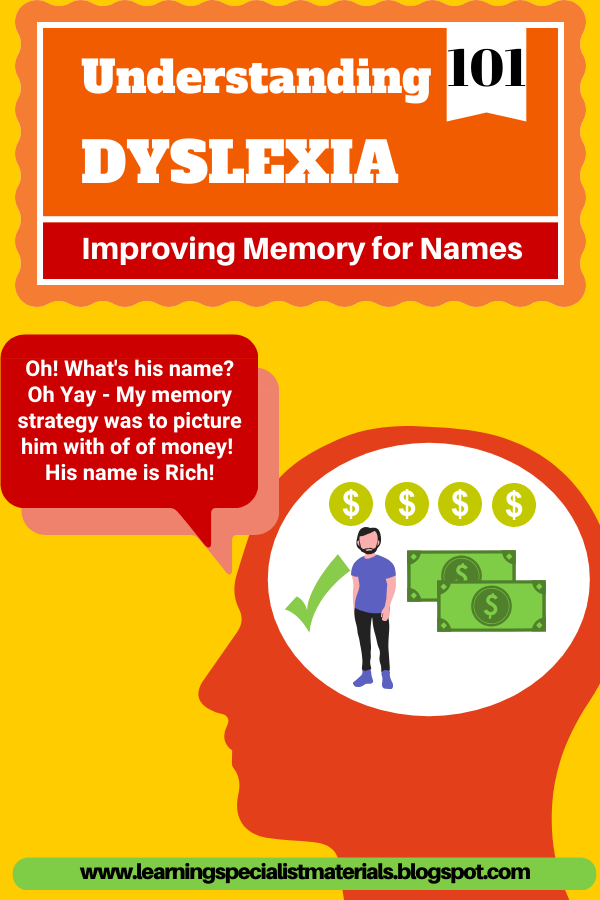This week I wanted to tell you about my online store, Good Sensory Learning. I’m Dr. Erica Warren, and I established this site so I could share all the materials that I have created over the last 20+ years as a learning specialist and educational therapist. When I first began my private practice, Learning to Learn, I had great difficulty finding fun and multisensory materials for my students that were effective and engaging. So back in 2005, I made it my mission to design and distribute high-end, remedial products as well as memorable, motivating lessons that bring delight to learning. If you would like to try a free sampling of my activities , CLICK HERE . How Are the Products Organized at Good Sensory Learning? You can download my Free Printable Catalog or you can browse the site using the grey “search all products” bar in the top right of any page with keywords such as dyslexia, working memory, and executive functioning. What’s more, drop down menus in the red banner allow you t...
I think we are all familiar with the embarrassment of occasionally forgetting a person's name. However, this is a common difficulty for individuals with dyslexia, and it is called a word retrieval or word finding difficulty. They may know someone's or something's name one day, but are unable to access the same information the next.
What Causes One to Forget Names?
There are four factors that can impact one's ability to encode and then retrieve a name.
- Environmental Factors that impact the senses can pull one's attention away from a learning experience.
- Auditory distractions such as a noisy environment can make it difficult to encode new information.
- Visual distractions, like kids playing outside the window, can also pull one's attention away from the present moment.
- Physical distractions, such a a touch or someone jogging the table can also complete for one's attention.
- Olfactory distractions, like the smells of lunch cooking can also divert attention.

- Cognitive Factors can impede learning if students have weaknesses or deficits any of the following areas:
- Auditory Processing
- Visual Processing
- Working Memory
- Long Term Memory
- Attention
- Stamina
- Processing Speed
- Emotional Factors can trigger the amygdala and a fight, flight, or freeze response can block memory. Some common emotions that can impede learning are:
- Stress or anxiety
- Fear
- Anger
- Worry
- Situational Factors can also get in the way of both encoding and retrieving information.
- Lack on sleep
- Being hungry or thirsty
- Manage environmental factors so that there are little to no competing distractors.
- Strengthen any cognitive based weaknesses or deficits with cognitive remedial tools.
- Teach students memory strategies:
- Tell a Story: Creating a story about the name to be learned can help with both memory encoding and retrieval. If stories are humorous, it’s even better. For instance, you might meet a boy named rich and you could imagine a story that he won the lottery.
- Create Visual Associations: Visual associations allow students to connect a mental or drawn image with the name to be memorized. For example, if a girls name is Vera and she happens to be wearing a v-neck shirt. One can always picture her in this shirt to offer a clue to the first letter of her name.
- Create Auditory Associations: Auditory associations can help with learning words too. A name may sound like something that reminds you of the person or object.
- Verbal Rehearsal – Teaching Material: Some students are assisted when they are able to process information aloud. Many individuals do not really know what they are thinking until they have had the opportunity to articulate it. Being able to discuss new topics, or even teach the material to others, can be an effective way of securing information into one’s memory.
- If you would like to learn about other memory strategies CLICK HERE.
- Be aware of any students that might appear triggered by words or situations. Try to pick wording and situations that motivate students and get them excited to learn.
- Teach mindfulness techniques so that students can learn how to manage their own attention.
Cheers, Dr. Erica Warren
Dr. Erica Warren is the author, illustrator, and publisher of multisensory educational materials at Good Sensory Learning and Dyslexia Materials. She is also the director of Learning to Learn and Learning Specialist Courses.
· Blog: https://learningspecialistmaterials.blogspot.com/
· YouTube Channel: https://www.youtube.com/user/warrenerica1
· Podcast: https://godyslexia.com/
· Store: http://www.Goodsensorylearning.com/ & www.dyslexiamaterials.com
· Courses: http://www.learningspecialistcourses.com/
· Newsletter Sign-up: https://app.convertkit.com/landing_pages/69400
· Blog: https://learningspecialistmaterials.blogspot.com/
· YouTube Channel: https://www.youtube.com/user/warrenerica1
· Podcast: https://godyslexia.com/
· Store: http://www.Goodsensorylearning.com/ & www.dyslexiamaterials.com
· Courses: http://www.learningspecialistcourses.com/
· Newsletter Sign-up: https://app.convertkit.com/landing_pages/69400


Comments
Post a Comment